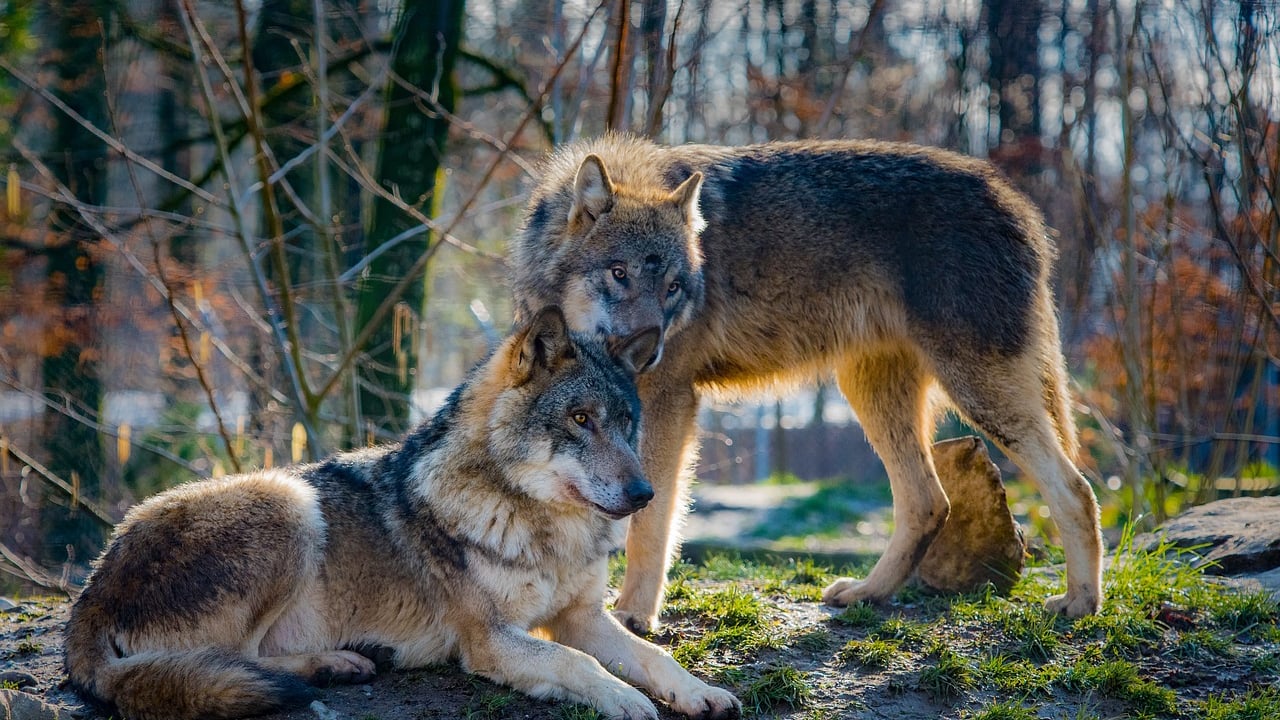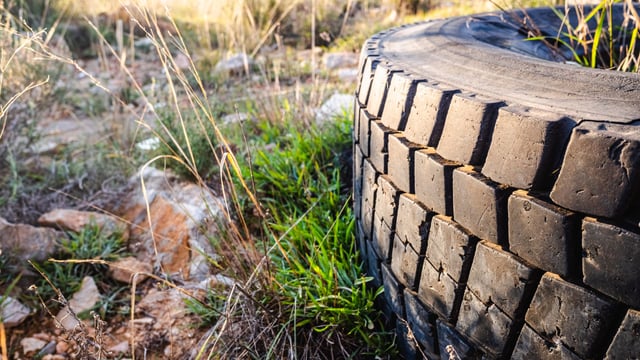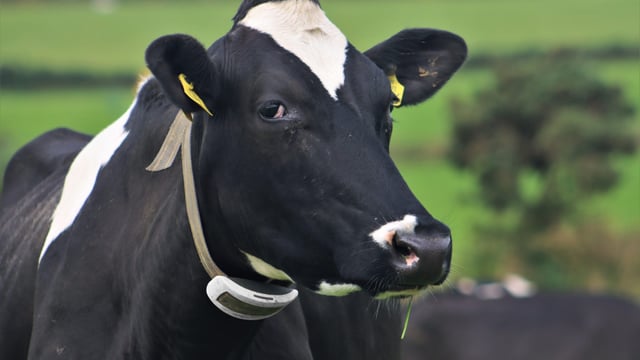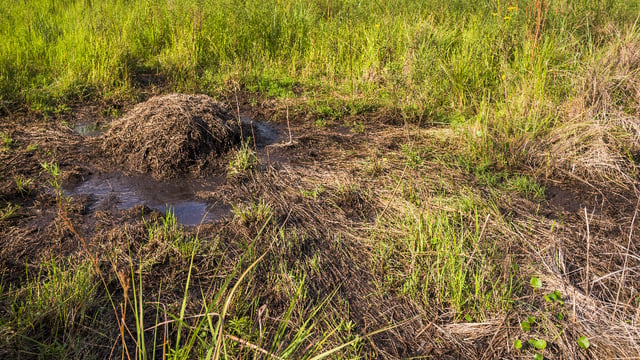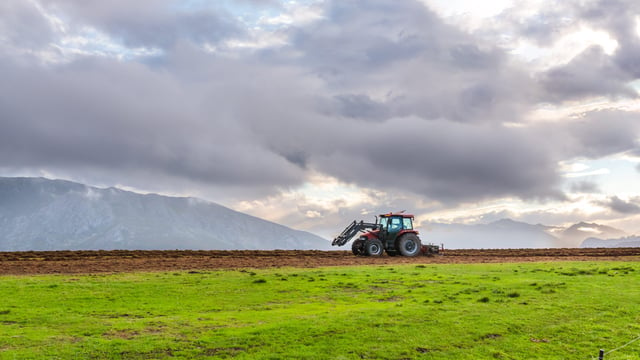EU Parliament 'fast tracks' vote on wolves' protection status
The European Parliament has today (Tuesday, May 6) decided to "fast track" a vote to change the EU's protection status for wolves from "strictly protected" to "protected".
The parliament voted, by show of hands, to fast track its work on draft legislation that would enable a targeted change of the Habitats Directive.
MEPs are set to vote on the proposal this Thursday (May 8).
According to the European Commission, there are over 20,000 wolves in Europe, and their populations and ranges are growing.
However, this has led to increasing conflicts with human activities in some regions, in particular concerning livestock.
According to the latest available data from the European Council of Ministers, wolves are estimated to kill at least 65,500 head of livestock each year in the EU.
Last month (April 16), the EU Council endorsed the European Commission's proposal without changes.
If MEPs endorse that text on Thursday, the draft rules would only need formal approval by the council to enter into force.
The change would align the EU’s wolf protection status with the Bern Convention, which aims to ensure the conservation and protection of wild plant and animal species and their natural habitats.
Wolves
The objective of the change, is to provide more flexibility in managing wolf populations across EU countries.
The EU hopes that this will improve coexistence and to minimise the impact of the growing population of the species, including socioeconomic challenges.
While wolves would no longer be under the status of strictly protected species, member states should still ensure the wolf has favourable conservation status and apply monitoring measures which may lead to temporary or local bans on hunting.
EU funding and support will still be available for coexistence and prevention measures and state aids for compensating affected farmers may remain in place.
However, member states still have the possibility to list the wolf as a strictly protected species in their national legislation, and to have stricter measures in place for its protection.

